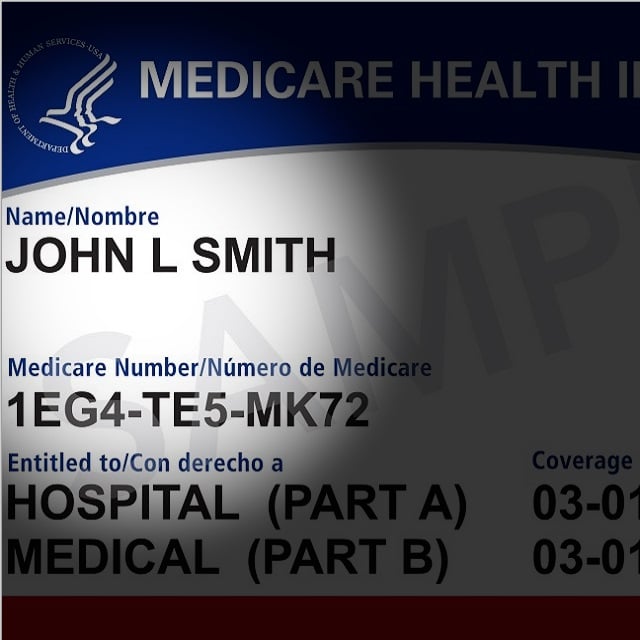Falcon
NOT FOR REPRINT
White House Advisors Say U.S. May Have a Bad New COVID-19 Strain
By
Allison Bell
Slideshow January 06, 2021 at 03:07 PM
Share & Print
The United States may now have its own locally evolved, fast-spreading strain of the virus that causes COVID-19, according to White House pandemic trackers. If that's true, public health officials need to ramp up testing and socially distancing efforts now to keep the new super-strain from making the pandemic worse, the pandemic trackers say. The pandemic trackers are members of a working group at the White House Coronavirus Task Force. The working group members talked about the possible rise of a new, aggressive, U.S.-evolved strain of severe acute respiratory syndrome coronavirus 2 (SARS-CoV-2) — the virus that causes COVID-19 — in the recommendations section in their latest weekly state-level report set. (Related: Task Force Reports COVID-19 Death Rate Increase) The working group is the same body that has started posting detailed state-level and community-level data in the federal government's Community Profile Report spreadsheet collection. The federal government is sending the state-level reports to state officials and is not making those reports available directly to members of the public. The state-level reports provide much less detailed data than the Community Profile Report spreadsheets, but they give top-level summary data, and they also give the working group's narrative assessment of the current pandemic situation. Here's what happened to some of the key national COVID-19 indicators included in the state-level reports between the week ending Dec. 25 and the week ending Jan. 1:
- New Cases per 100,000 People: 413 (up from 391)
- Percentage of People Tested Who Had COVID-19: 13.1% (up from 11.3%)
- COVID-19 Deaths per 100,000: 5.3 (up from 5.1)
- Nursing Homes With 1 or More New Resident COVID-19 Deaths: 15% (Down from 16%)
NOT FOR REPRINT
© 2025 ALM Global, LLC, All Rights Reserved. Request academic re-use from www.copyright.com. All other uses, submit a request to [email protected]. For more information visit Asset & Logo Licensing.
Featured Resources
View All
Sponsored by Illinois Mutual Life Insurance Company
4 Reasons To Sell Simplified Issue Disability Income Insurance (SIDI)

Sponsored by Illinois Mutual Life Insurance Company
Simplified Issue Disability Income Insurance (SIDI): A Smarter Way to Sell and Protect







